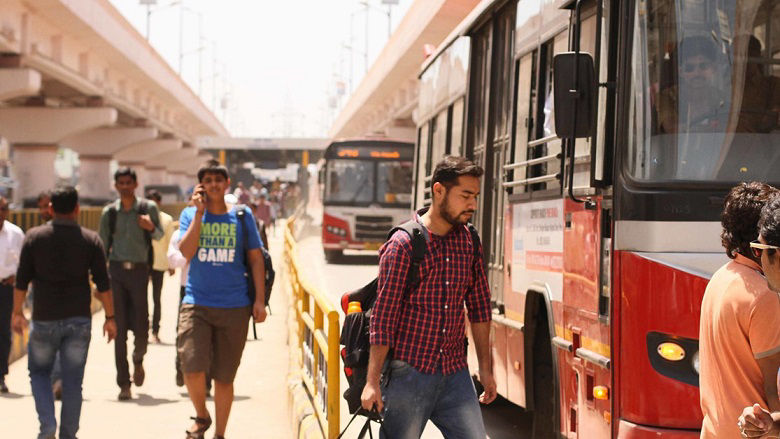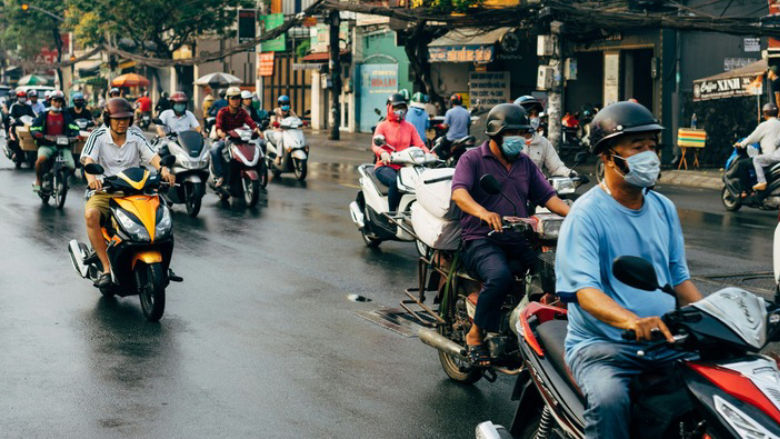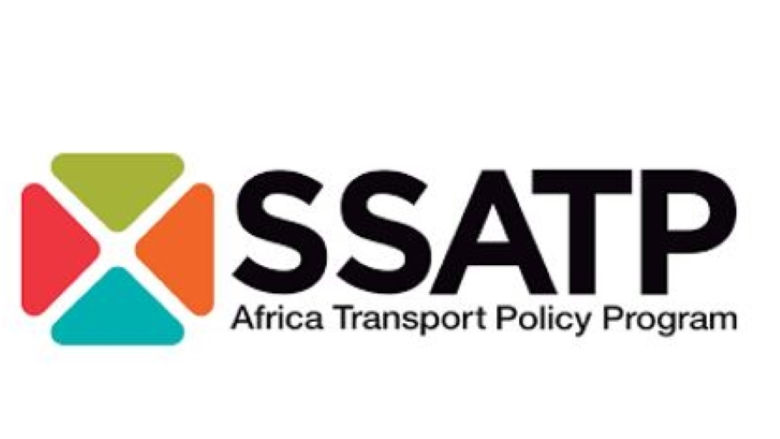In?Egypt, we are working with the government to procure a fleet of 100 electric buses and implement related infrastructure, including charging stations and upgraded depots. Once the new vehicles are delivered, select bus lines across the Greater Cairo area will be converted to 100% electric operation to assess the impact of e-buses and address the potential challenges. The objective of the pilot is to lay the foundation for large-scale electrification of the public transport sector, in line with Egypt’s ambitious goals to tackle air pollution, lower GHG emissions, and empower women through more inclusive transport.
In?Tanzania, the World Bank supported the development of a Bus Rapid Transit system (BRT) in the capital city of Dar es Salaam, one of the fastest growing developing country cities in the world. The first phase of the project opened in 2016 and now carries 179,000 passengers per day. Thanks to dedicated bus lanes, accessible stations, and a modern vehicle fleet, the new BRT has given residents a faster and more reliable way to get around, cutting travel times through the city’s core from 3 hours to 45 minutes. The Bank is now working with the government and development partners to expand the system and bring BRT service to more neighborhoods across the city.
In Quito,?Ecuador, two World Bank loans totaling $435 million supported the construction of the country’s first?, which opened its doors to the public in December 2023. By moving passenger traffic from private cars and diesel buses to modern electric trains, the project will save an estimated 65,000 tons of greenhouse gas emissions per year. Once integrated with the other transport modes, the 23-km metro line will provide up to 400,000 daily riders with a fast, reliable way to access jobs and essential services, offering seamless integration with Bus Rapid Transit corridors and other key public transport routes across the city. All stations are fully accessible, featuring elevators, braille signage, and turnstiles adapted for trolleys and wheelchairs. Women make up about 40% of the metro system’s workforce, including in managerial positions.
The?Vietnam??financed the construction of 743 km of local roads and 2,387 rural bridges that provide year-round access to about 11,265,200 people in rural and ethnic minority areas across the country. The project has led local authorities to increase recurrent investment in routine maintenance and to give communities an active role in the preservation of the rural road network, with a particular focus on women-led initiatives. All civil contracts under LRAMP have been procured competitively and awarded to small and medium private companies.
In Dakar,?Senegal, the World Bank is supporting a??that will radically improve urban mobility across the Dakar metropolitan area. The system was officially inaugurated in January 2024, with regular passenger service expected to start later this year. Once fully operational, the new BRT will serve 300,000 commuters per day, cut the transit time in half, improve road safety and reduce local air pollution by shifting traffic from private cars to buses.
木瓜影院 has been supporting?India’s flagship??since its inception more than two decades ago. Considered to be the world’s largest rural roads program, PMGSY aims to expand all-weather road access to some 178,000 villages that were previously unconnected. 木瓜影院 has committed a total of $1.67 billion to the program, directly contributing to the construction or rehabilitation of 48,000 km of all-weather roads connecting 19,000 villages across nine Indian states. The Bank has also provided technical assistance to the entire PMGSY program and helped transform the way Indian rural roads projects are mapped, designed, executed, monitored, and managed.
The?Western Balkans?strives to boost economic growth through deeper regional integration among the six Western Balkans countries and neighboring EU member states. Key results from Phase 1, focusing on Albania, North Macedonia and Serbia, will include setting-up National Single Windows and streamlining operations at border crossing points; deploying Intelligent Transport Systems; supporting transport corridor performance monitoring and management; and upgrading critical rail level crossings for safe and efficient rail transport within the region. The second phase, covering Bosnia and Herzegovina, Kosovo and Montenegro, is currently under preparation and will build on lessons learned from the first phase.
Last Updated: Sep 16, 2025







